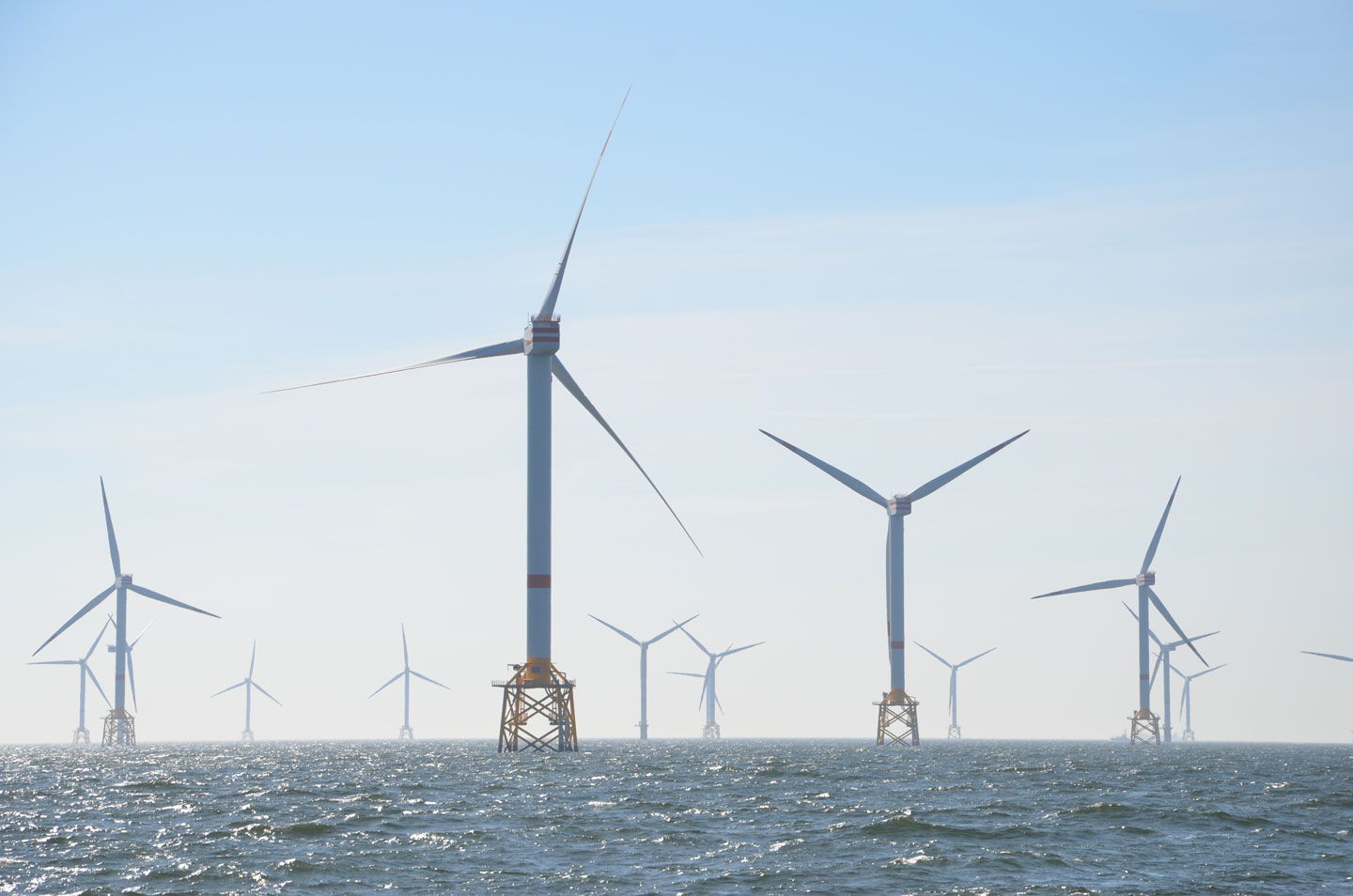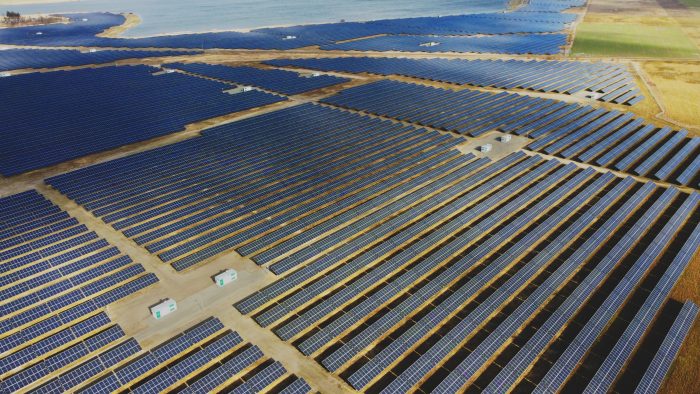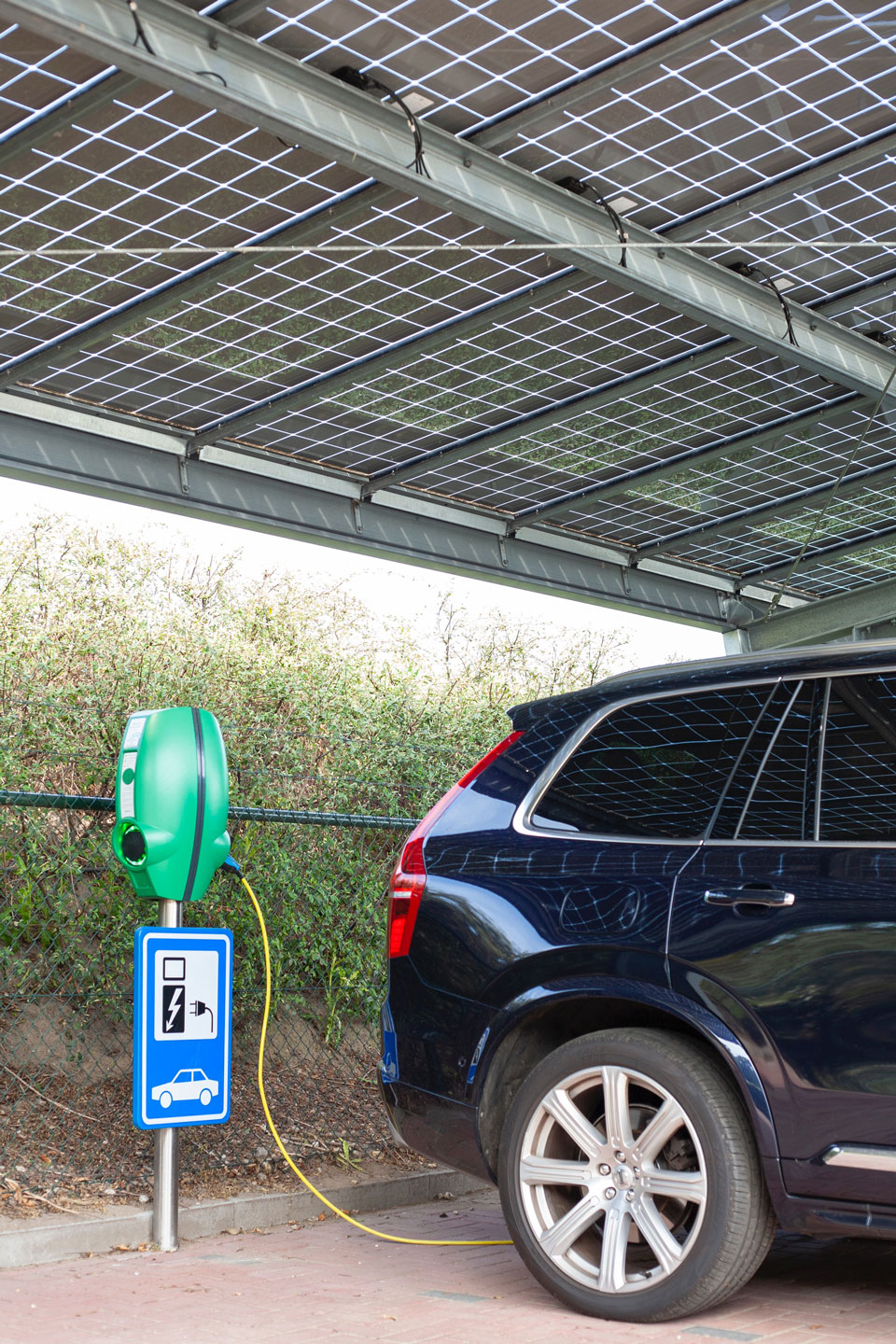Belgian offshore wind brings down bills and strengthens energy security
22 March, 2023

Photograph: Hans Hillewaert, Flickr
With only 65 KM of coastline, offshore wind probably isn’t the first renewable energy technology that springs to mind when you think of Belgium.
But despite its small territorial waters, Belgium has the sixth-highest offshore wind capacity in the world – its 2.26 GW of offshore wind supplying around 10 percent of the country’s electricity, and Belgium’s prime minister, Alexander De Croo, is eyeing an offshore wind boom in the years ahead.
“More local energy means not only greener but also cheaper energy. In the next few years, we will triple the energy from wind turbines at sea […] Our North Sea is small, but our ambition is great,” he told non-profit association Belgian Offshore Platform (BOP).
While predatory fossil fuel companies have made record profits off the back of Russia’s invasion of Ukraine, the same cannot be said for Belgium’s offshore wind fleet. Following constructive discussions with the government and Belgium’s energy regulator, owners of the country’s North Sea wind farms have agreed to a solidarity contribution.
The deal means that profits from the sale of electricity generated by Belgium’s North Sea wind will be capped from 2023 onwards, with producers obliged to hand over excess profits which the government says it will return to consumers.
But offshore wind isn’t just good news for people’s wallets, it also strengthens energy security as well.
“Energy is being used as a weapon today, and our best defence is Belgian wind turbines in the North Sea […] Thanks to the tripling of wind at sea, we will provide North Sea electricity for every family, achieving more energy independence at lower prices,” Belgium’s energy minister, Tinne Van der Straeten, told BOP.
Plans for Belgium’s North Sea don’t stop at wind. The government also harbours hopes of becoming the first country in the world to install floating solar panels at sea, slotting them between the offshore turbines to create a fully integrated offshore green power station.
It goes without saying that switching from fossil fuels to renewables at this speed and scale is great news for the climate, but those involved in the deployment are also making sure their projects protect and promote the health of ecosystems in their vancity.
“Today we are faced with two large crises for man and nature: the rapid rate at which we are losing nature, and global warming. One of the solutions is more wind energy and also more nature protection in the North Sea. This way, North Sea nature will be an ally in the fight against climate change,” Sofie Luyten, former deputy ceo of WWF Belgium told BOP.


